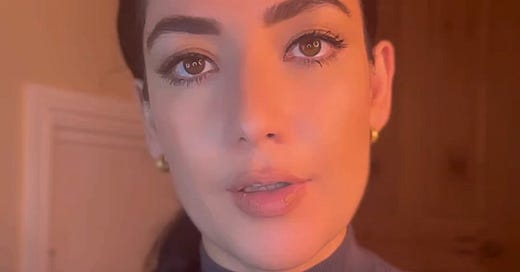Manoeuvres, manoeuvres! It’s getting juicy.
As I predicted, all the big tech players are making their Generative AI plays.
Last week, The Wall Street Journal scooped that Open AI is in secret talks to raise funds, putting its estimated valuation at $29bn. This would make Open AI — which hasn’t yet sought to be profitable — one of the most valuable Unicorns on the planet.
I don’t think this valuation is overinflated (as I argue below), especially if you look beyond the excitement of ChatGPT and think about Generative AI’s potential as infrastructure for humanity. Open AI’s role in this space is seismic, of course.
However, the plot thickens!
Now we know that Microsoft is very much a part of these talks.
Microsoft is reportedly seeking to invest a further $10bn into Open AI. (This would follow Microsoft’s $1bn investment from 2019, which Open AI CEO Sam Altman famously said his outfit would burn through quickly.)
The deal would give Microsoft 75% of Open AI's profits until it recoups its $10bn investment. After that, it would retain a 49% stake in Open AI.
Two quick points to make:
Take this as an indicator of how the tech titans view this space. Generative AI is not only a means to make money but also a means to accrue immense power. Whoever controls these systems will be able to influence and shape society itself. This is why I argue that every government and organisation needs to adopt a Generative AI strategy quickly. These are not systems that big companies should monopolize.
This also raises important questions about Open AI itself. By taking such a huge investment, can Open AI stick to its founding mission to develop AI that benefits humanity as a whole? Or will that become incompatible with its responsibilities to its investors — especially the one big one?
Time will tell. But one thing is clear - the big players are moving their chess pieces around the board.








Share this post